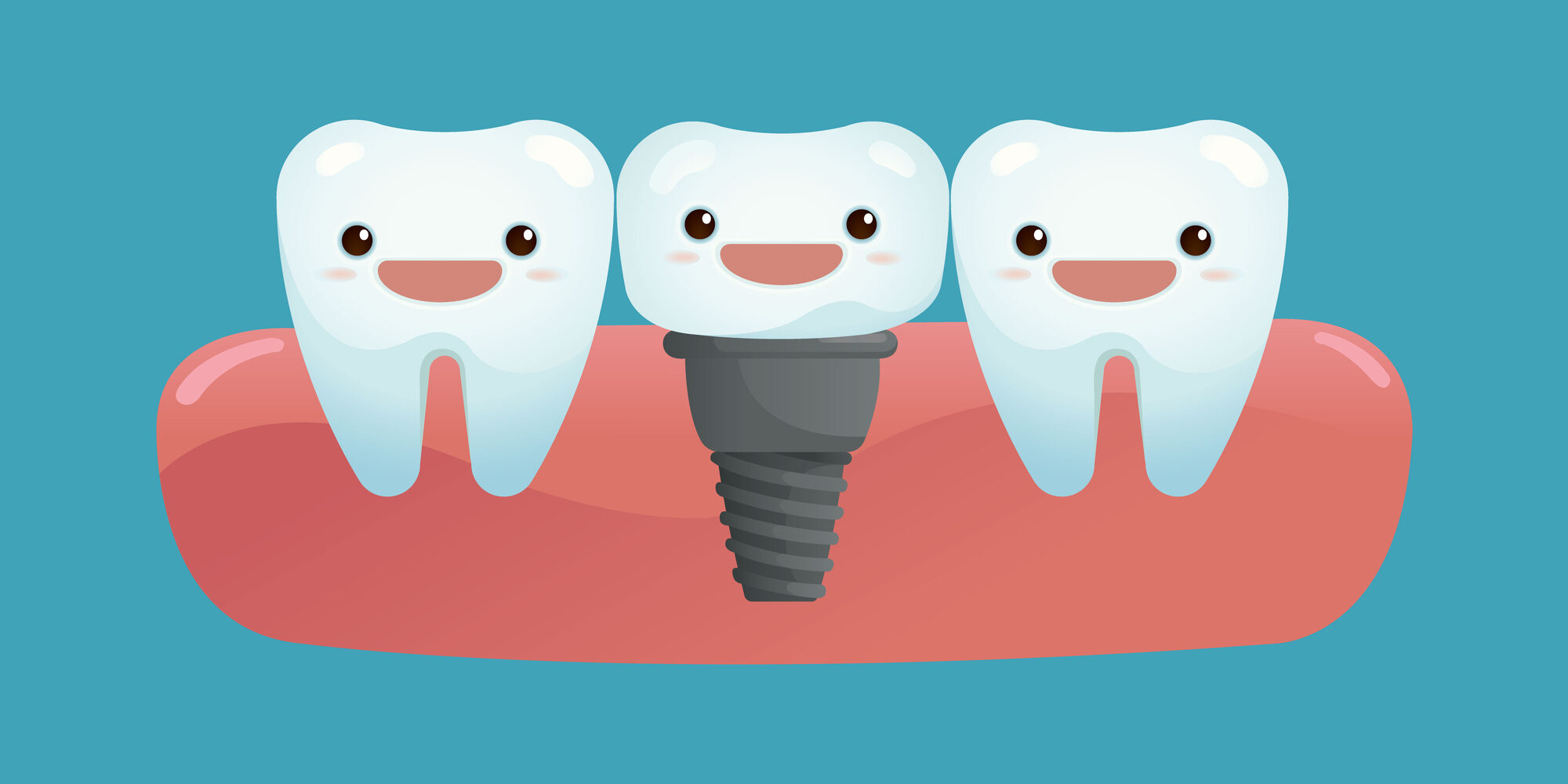The Chinese, Egyptians, and Celtics all had their own versions of dental implants as early as 2000 BC. Their implants were made from bamboo, copper, and iron. We’ll spare you the details of how these implants were placed! Thankfully, materials and techniques have evolved for the better.
Today, dentists use biocompatible materials and safe techniques that have proven to be almost 100 percent successful. Got questions? We’ve got answers!
Here are the top five questions we receive from patients about dental implants:
1. Am I a candidate for dental implants?
To qualify for dental implants, patients must be in good oral and overall health. Gum disease, cavities, and other oral health problems can be addressed before moving forward with dental implants. overall health problems that might disqualify a patient include bone cancer, thyroid problems, blood diseases, and undergoing chemotherapy or radiation.
Additionally, patients need adequate jawbone density to hold the implants in place. When there isn’t enough bone, dentists may recommend bone grafting to replace the tissue.
2. What are the benefits of dental implants?
Where do we begin? Dental implants are the most highly recommended tooth replacement option for so many reasons, including:
- Implants promote jawbone regeneration.
- Dental implants look and feel real.
- They restore the function of a tooth.
- The dental implant procedure is almost 100 percent successful.
- Dental implants last forever.
Another incredible advantage of dental implants is that they are versatile. This solution is for patients with just one missing tooth, several missing teeth in a row, and an entire arch of missing teeth.
3. Are there any disadvantages to implants?
The only downside to dental implants is the long(er) treatment process. From beginning to end, the process could take up to 18 months. Patients must be willing to endure these months while abiding by their dentist’s guidelines to ensure everything goes according to plan.
These guidelines may include avoiding cigarettes, eating soft foods, and practicing good oral hygiene.
4. How are implants placed?
Dentists use modern, safe techniques to insert the implant into the patient’s jawbone. This involves making a small incision in the gums where the implant is placed. The gums are stitched back together and left to heal. The healing process could take up to six months. During this time, the implant and jawbone undergo a process called osseointegration, a process in which the bone and implant become one.
Once the incision has healed, the patient returns to the dentist’s office for an abutment and crown, denture, or bridge to be attached. Sometimes, this happens in the same appointment. In other cases, the restoration can be placed at a later date.
5. Where can I get dental implants?
Dentists and oral surgeons offer dental implants. While an oral surgeon may be needed for more complex situations, dentists provide the same quality of care and successful results. Almost all dental professionals receive training to place dental implants. The key to a successful and positive implant procedure is to choose an experienced and compassionate dentist.
Dental Implants in Duncan, OK
Dr. Matthew L. Bridges is passionate about helping patients achieve optimal oral health and improve their quality of life. Offering dental implants is just one way he does that. To schedule an initial consultation, contact our friendly dental team today at (580) 255-4880.







